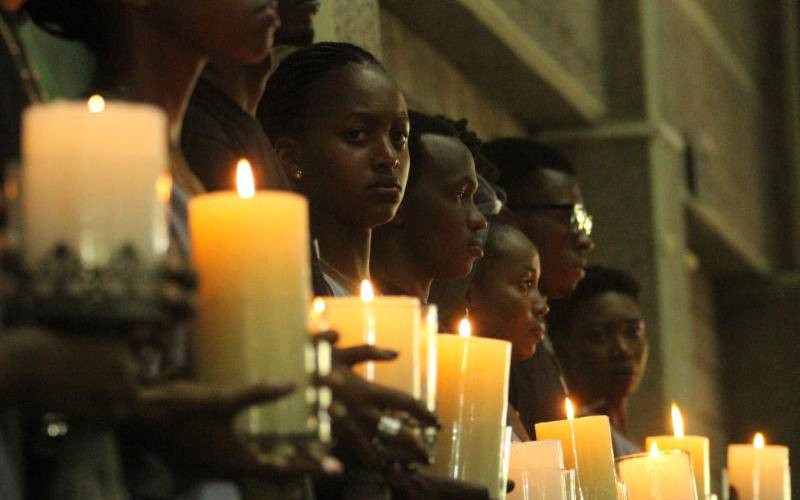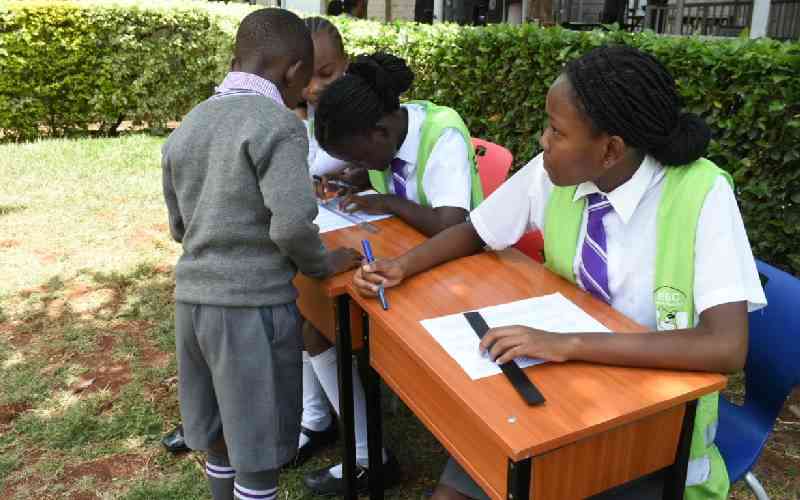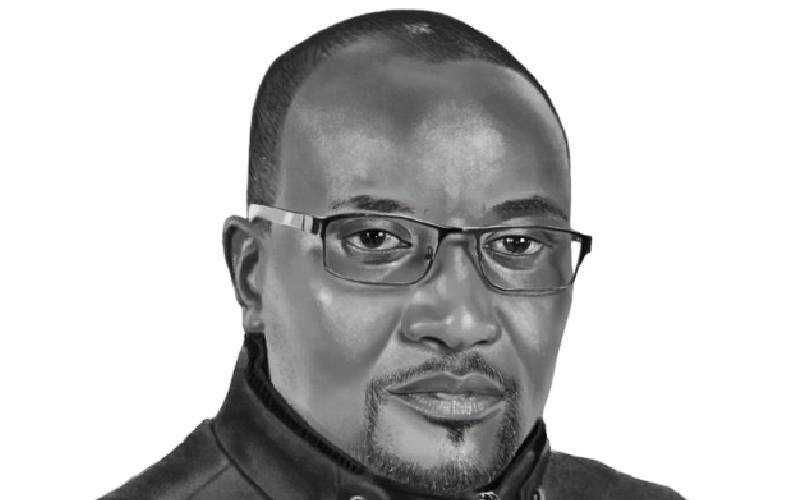It is not in doubt that there is need to change how elections are conducted. From the quality of the people we elect to high office, to those charged with ensuring fair play in elections, all have exhibited shortcomings that must be addressed sooner rather than later to appropriate value from our nascent democracy.
The Independent Electoral and Boundaries Commission (IEBC) has presented to Parliament the Elections (Amendment) Bill 2015 that appears to have rubbed Members of Parliament the wrong way. It has become common for them to reject anything that tends to restrict their leverage and already, they are said to have rejected the bill’s proposals.
IEBC proposes that all presidential, parliamentary and gubernatorial candidates have a degree as a prerequisite for eligibility to contest in the 2017 general elections. The electoral body also proposes that Members of County Assemblies have diplomas as a minimum qualification in 2017 but upgrade to a degree by 2022. IEBC also wants a list of political party membership submitted to it 60 days prior to the election day and that those who aspire for political office must quit public service six months before elections.
Given the quality of leadership today, it is easy to understand why the electoral body wants elected leaders to have high academic credentials. The country lays too much stock in education; taking it as a yardstick by which competency is measured. But while we must encourage and strive for academic excellence, it is misleading to assume degrees bestow automatic wisdom on leaders.
A case in point is that unfortunately, all troubled institutions in the country have been run down by highly educated individuals and this should serve to warn policy makers not to lay too much stock in degrees alone, especially where leadership is concerned. Parliament, for example, is not the poster boy of leadership excellence despite an abundance of degrees.
Putting the threshold for people wishing to contest elective offices so high is tantamount to discrimination, contrary to constitutional provisions. Leadership clearly has more to do with wisdom than academic qualifications. On the other hand, the requirement to submit a list of party members 60 days ahead of elections to curb the tendency to switch parties is welcome.
In the past, this practice allowed undeserving candidates to manipulate weaker, smaller political parties after being rejected in party nominations elsewhere. In the end, Kenyans have ended up electing people whose overriding concern is to serve their own personal interests and thus denying them the value of a flourishing democracy.
Also, the requirement that aspirants quit their public jobs six months before an election is timely because it limits the use of public resources to gain undue advantage in the run-up to the election as has been the case before.
Meanwhile, it is selfish for Members of Parliament to protest against the stipulation that election losers should not be nominated to Parliament.
These nominations generally amount to imposing losers on the people who rejected them in the first place. And often, those nominated have often felt like they are not answerable to anyone but their party godfathers, denying deserving cases the slots.
In the end, rules aimed at creating a level playing field should not be dismissed out of selfish considerations.
 The Standard Group Plc is a
multi-media organization with investments in media platforms spanning newspaper
print operations, television, radio broadcasting, digital and online services. The
Standard Group is recognized as a leading multi-media house in Kenya with a key
influence in matters of national and international interest.
The Standard Group Plc is a
multi-media organization with investments in media platforms spanning newspaper
print operations, television, radio broadcasting, digital and online services. The
Standard Group is recognized as a leading multi-media house in Kenya with a key
influence in matters of national and international interest.
 The Standard Group Plc is a
multi-media organization with investments in media platforms spanning newspaper
print operations, television, radio broadcasting, digital and online services. The
Standard Group is recognized as a leading multi-media house in Kenya with a key
influence in matters of national and international interest.
The Standard Group Plc is a
multi-media organization with investments in media platforms spanning newspaper
print operations, television, radio broadcasting, digital and online services. The
Standard Group is recognized as a leading multi-media house in Kenya with a key
influence in matters of national and international interest.








